GRAMMAR WITS

GRAMMAR
Requester or Requestor: Which Spelling to Use?
In the ever-evolving landscape of English language, certain word pairs consistently trip up even the most careful writers. One such...
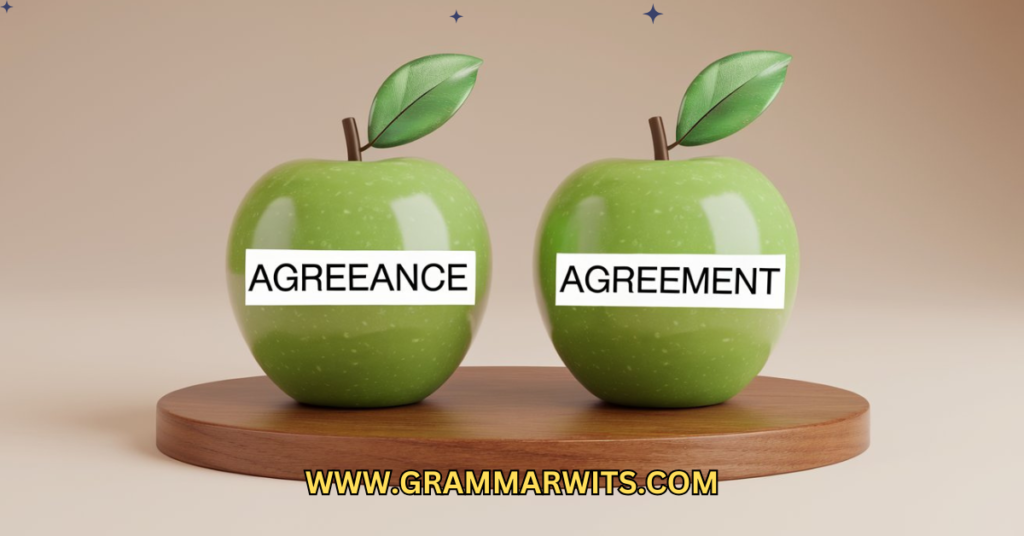
GRAMMAR
Agreeance vs Agreement: Which One to Use?
The distinction between “agreeance” and “agreement” often confuses many speakers and writers. While both words refer to a shared understanding...

GRAMMAR
Up to Date or Up-to-Date: Which One Should You Use?
The phrase “up to date or up-to-date” refers to two different grammatical forms in English. “Up to date” is an...

GRAMMAR
Juxtaposition vs Paradox: What’s the Difference?
In literature, rhetoric, and everyday conversation, juxtaposition and paradox are two powerful techniques used to enhance meaning, create depth, and...
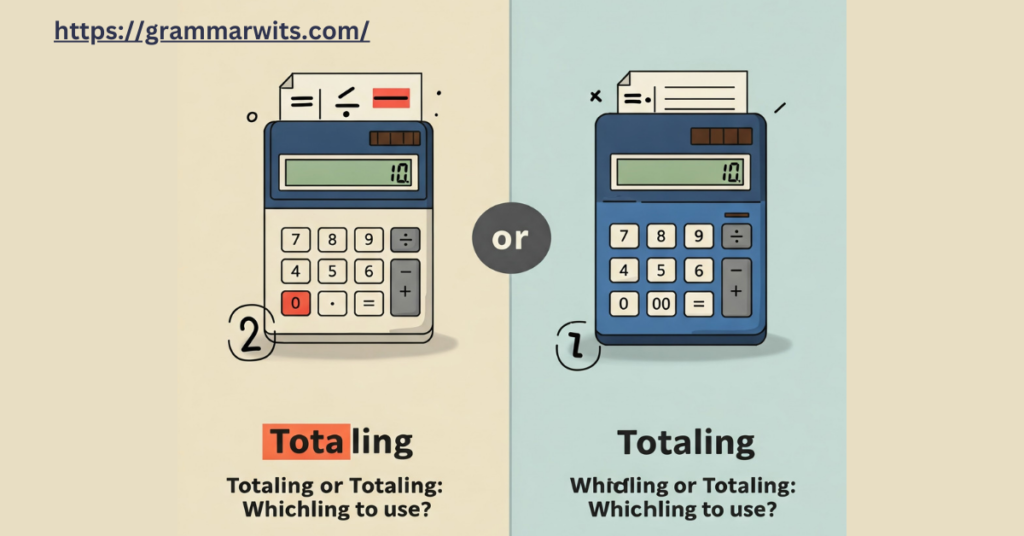
GRAMMAR
Totalling or Totaling: Which Spelling to Use?
Totaling (or totalling) refers to the present participle form of the verb “total,” meaning to add up, calculate the sum...
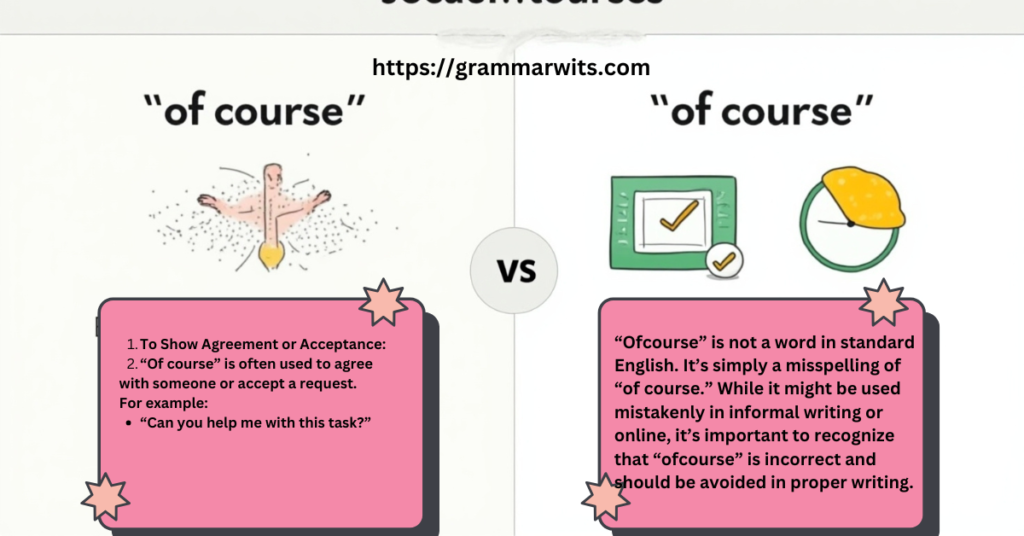
GRAMMAR
Of Course or Ofcourse: Which One Should You Use?
Introduction The phrase “of course or ofcourse which one is correct” refers to the distinction between the correct English phrase...
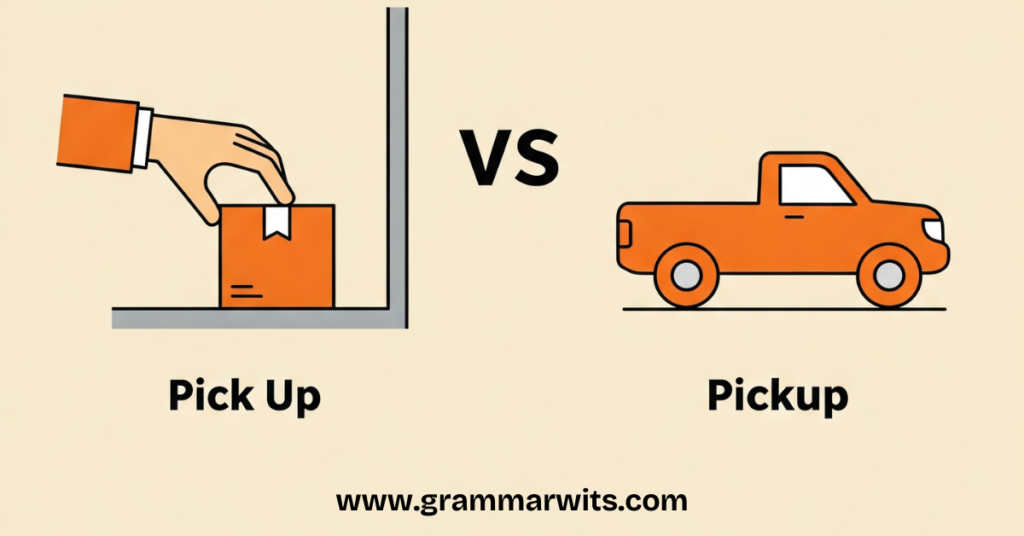
GRAMMAR
Pick-Up, Pick Up or Pickup: What’s the Correct Usage?
The terms pick-up, pick up, and pickup may look similar, but they serve different purposes in the English language. “Pick-up”...
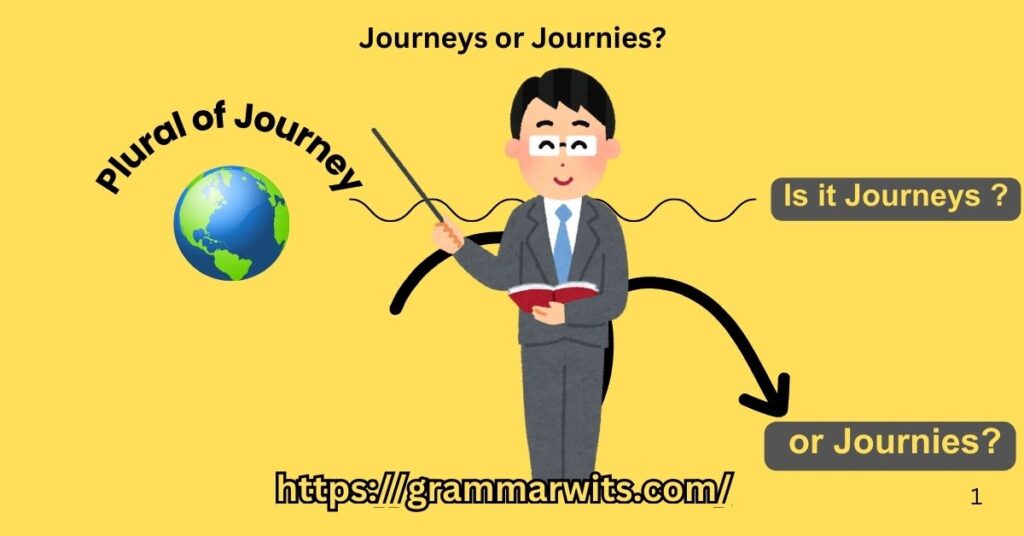
GRAMMAR
Plural of Journey: Is it Journeys or Journies?
The plural of journey, “journeys or journies,” is a common point of confusion in English grammar. While it may seem...





